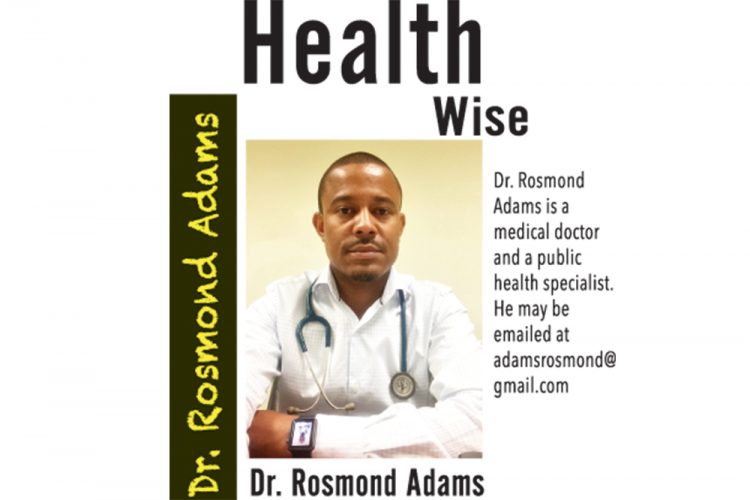Meningitis: What is it?

Meningitis is the inflammation of the protective membranes that surround the brain and spinal cord, known as the meninges. Meningitis can be caused by viral, bacterial and fungal infections, as well as by reactions to certain drugs and by chemical irritation of the membranes.
The inflammation can cause damage to the brain and spinal cord if it is not treated appropriately. In cases of bacterial meningitis, if the bacterial infection also enters the bloodstream then a person can develop septicaemia (blood poisoning). Meningitis and septicaemia together are sometimes referred to as meningococcal disease.
Viral meningitis, also known as viral meningo-encephalitis, is the most common form of meningitis. Cases of viral meningitis are usually less serious and symptoms can be so mild that they are mistaken for flu. This form of meningitis is most prevalent in children, though it can affect a person of any age.
Bacterial meningitis is less common than viral meningitis, but is more serious and is treated as a medical emergency. Without treatment, bacterial meningitis can cause severe brain damage and is potentially life-threatening. The bacteria that cause meningitis can enter the bloodstream and also cause septicaemia (blood poisoning).
The bacteria that cause meningococcal and pneumococcal meningitis can be spread via close contact with other people and there is a risk of outbreaks of bacterial meningitis in places where large groups of people live together (for example, schools, prisons etc.).
Fungal meningitis is rare and usually only affects you if your immune system has been weakened, for example in those with conditions such as diabetes or HIV, or in very elderly people.
General medical care for meningitis includes close monitoring and treatment for the symptoms. Pain relief drugs can be given for headaches. High temperatures (fever) are reduced using electric fans, sponging with lukewarm water, or medication. Feeling sick (nausea) and being sick (vomiting) can be treated with anti-sickness drugs. You might also receive fluids via a drip into a vein in your arm to keep you hydrated and to administer some forms of medication.
If you have viral meningitis you may recover well with careful medical attention in quiet, darkened, calm surroundings.
If you have bacterial meningitis, you will receive the same general care and treatment as is given for other causes of meningitis, but will also receive treatment to deal with the bacterial infection. As soon as bacterial meningitis is suspected, antibiotics will be given via a drip into a vein in your arm. You might receive several different types of antibiotics until the specific bacterium causing your meningitis is identified.
Dr. Rosmond Adams, MD; MSc (Public Health); M.S (Bioethics) is a medical doctor and a public health specialist with training in bioethics and ethical issues in medicine, the life sciences and research. He is a lecturer of medical ethics and Research Methods.
He is the Head of Health Information, Communicable Disease and Emergency Response at the Caribbean Public Health Agency (CARPHA). He is also a member of the World Health Organization Global Coordination Mechanism on the Prevention and Control of NCDs.
(The views expressed here are that of the writer and not of any organizations). You may contact him at adamsrosmond@gmail.com









